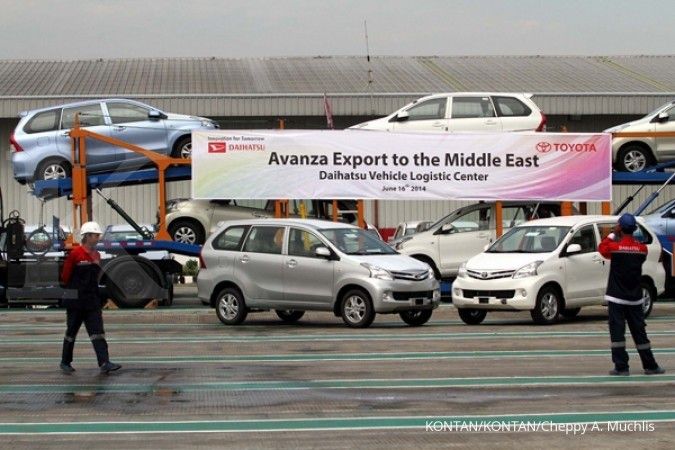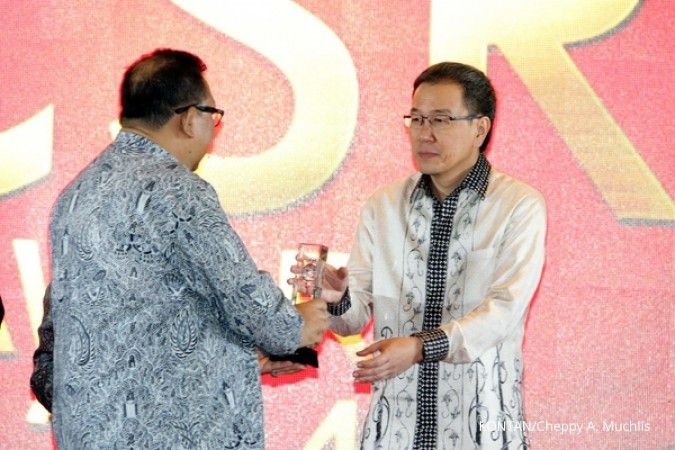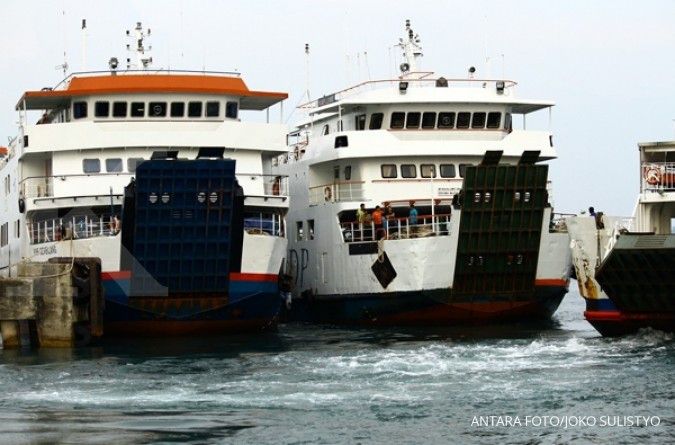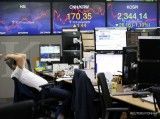JAKARTA. Diversified conglomerate Astra International Indonesia is confident it will maintain its automotive sales next year at the same level as this year, saying the increase in fuel prices and Bank Indonesia’s (BI) benchmark rate will have only a brief effect.
Astra spokesperson Yulian Warman said on Tuesday that his company predicted that sales would remain stagnant next year and the fuel price increases, as well as BI rate hikes, would only briefly affect the carmaker before recording rebounding sales.
“There will be, of course, weakening purchasing power in the country that will momentarily disrupt our automotive business. We, however, believe that declining sales will last only around three months and consumers will quickly adjust their spending with macroeconomic conditions, as proven by our past experiences,” he explained.
“The automotive business still has bright prospects as there are only 40 to 50 cars per 1,000 people in Indonesia, in contrast to 600 to 700 cars in more developed countries. There is still ample room to grow our sales.”
President Joko “Jokowi” Widodo on Nov. 17 announced the long-anticipated increases in fuel prices by Rp 2,000 (16 US cents) per liter, as the ballooning fuel subsidy hurt the country’s current account.
The funds are to be allocated to other activities including infrastructure development.
Meanwhile, BI increased its benchmark rate by 25 basis points to 7.75 percent last week in a move to curb inflation following the fuel price increases.
The Association of the Indonesian Automotive Manufacturers (Gaikindo) previously forecast that sales of four-wheeled vehicles in the country’s auto market would likely remain flat at 1.2 million units this year on the back of a slowing economy.
Gaikindo chairman Sudirman M. Rusdi previously said that rising fuel prices would usually slow down car sales for three months, with between a 10 and 15 percent decline each month. He was confident the market would manage to adjust afterward.
From January to October, car sales, a key indicator of consumption in the economy, rose slightly by 1.96 percent to 1.04 million units this year, according to data from Gaikindo.
Meanwhile, as of October, Astra car sales slumped by 2.86 percent year-on-year (y-o-y) to 525,976 units, amid entries from new competitors and a “discount war” that have negatively impacted Astra performance.
The company’s market share suffered a decline from 53 percent last year to around 51 percent to date.
Yulian said that in facing tougher competition, his company would strengthen its distribution as well as enhance its diversified automotive-related business, such as the financing and spare parts business.
“We are optimistic that we can keep our market share at around 50 percent,” he said.
The nation’s largest company by market value, Astra, booked Rp 9.8 trillion in net profits in the January to June period of this year, up 11 percent from the same period a year ago.
While automotives remain the company’s backbone, contributing 40.8 percent to its bottom line, its income alone dropped by 14 percent y-o-y. (Anggi M. Lubis)
/2014/09/19/2037005663p.jpg)












